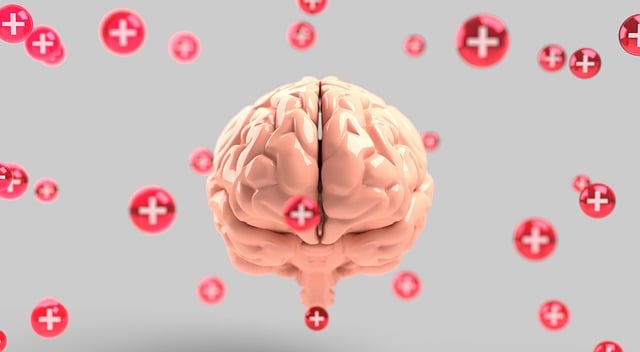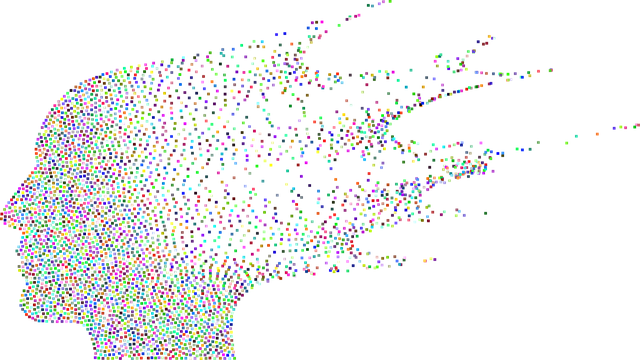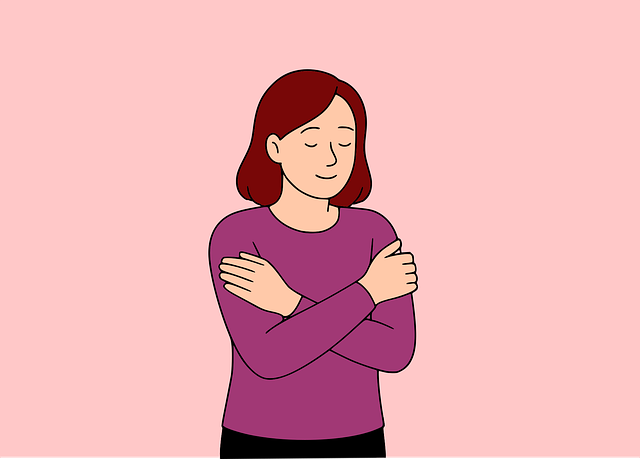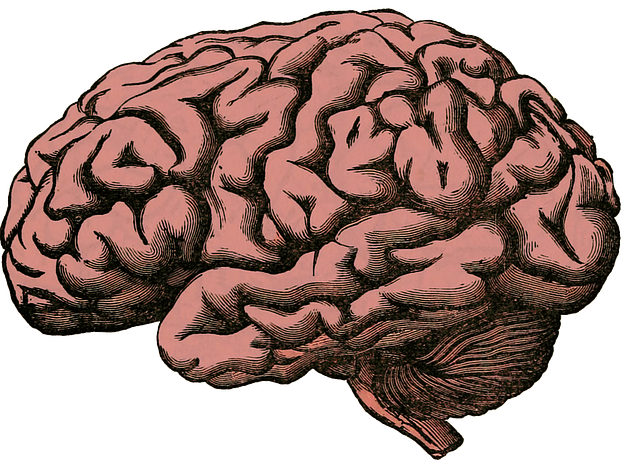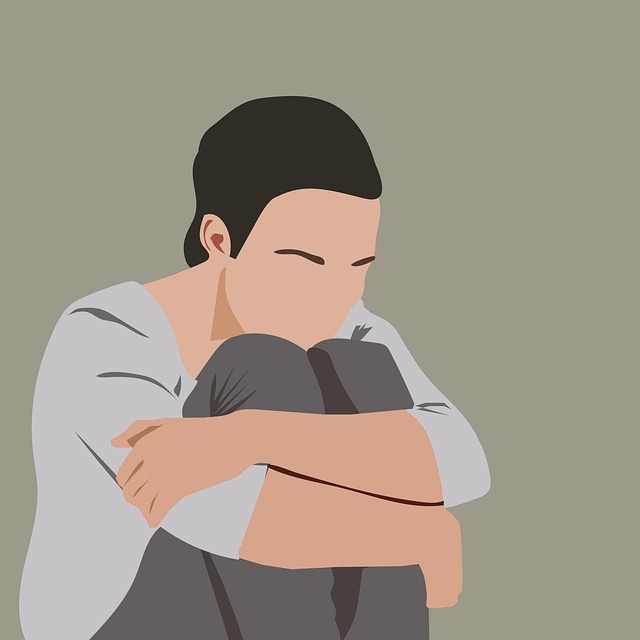Self-care is crucial for managing stress and maintaining mental health, especially for individuals with post-traumatic stress disorder (PTSD), including those seeking Castle Rock Post-Traumatic Stress Disorder Therapy. Regular exercise, mindfulness meditation, journaling, and conflict resolution techniques reduce PTSD symptoms like flashbacks and anxiety. Through Castle Rock PTSD therapy, tailored therapeutic techniques combined with present-moment awareness help individuals develop inner strength, emotional distance from traumatic memories, and enhanced resilience for improved daily life stability and calmness.
“Unwind and rejuvenate with an exploration of self-care practices that can transform your mental health. This article delves into the profound impact of self-care on our well-being, offering valuable insights and strategies for personal growth. We examine how implementing consistent self-care routines can mitigate stress and anxiety. Additionally, we shed light on innovative approaches to manage Post-Traumatic Stress Disorder (PTSD) through holistic self-care practices, highlighting techniques that have proven effective in Castle Rock PTSD therapy.”
- Understanding Self-Care and Its Impact on Mental Health
- Strategies to Enhance Self-Care for Better Wellbeing
- Addressing Post-Traumatic Stress Disorder (PTSD) Through Comprehensive Self-Care Practices
Understanding Self-Care and Its Impact on Mental Health

Self-care is an essential aspect of maintaining good mental health and overall well-being. It involves intentional actions taken to nurture and support one’s physical, emotional, and psychological needs. In today’s fast-paced world, where stress and challenges are prevalent, prioritizing self-care has become more crucial than ever. By incorporating practices like regular exercise, mindfulness meditation, or engaging in hobbies, individuals can enhance their resilience and cope with life’s demands effectively.
The impact of self-care on mental health is profound. It acts as a buffer against various mental health issues, including Castle Rock Post-Traumatic Stress Disorder (PTSD) Therapy. Studies have shown that those who practice regular self-care techniques often experience reduced symptoms of anxiety and depression. Moreover, it facilitates better stress management, which is a key component in preventing and mitigating the effects of PTSD. Through Mental Health Education Programs Design that emphasize coping skills development, individuals can learn effective strategies to navigate stressful situations, thereby improving their overall mental resilience.
Strategies to Enhance Self-Care for Better Wellbeing

Enhancing self-care practices is a powerful tool for boosting mental wellness and cultivating inner strength. For individuals dealing with post-traumatic stress disorder (PTSD), such as those seeking Castle Rock PTSD therapy, incorporating structured routines can make a significant difference. Starting with simple yet effective habits like consistent sleep patterns and regular exercise can help regulate mood and reduce symptoms of anxiety and depression.
Additionally, integrating practices like conflict resolution techniques and mental wellness journaling exercises into daily life offers valuable outlets for processing emotions and experiences. Journaling provides an opportunity to reflect on thoughts and feelings, fostering self-awareness and personal growth. Meanwhile, conflict resolution skills empower individuals to navigate challenging interactions with healthier coping mechanisms, further strengthening their resilience and overall wellbeing.
Addressing Post-Traumatic Stress Disorder (PTSD) Through Comprehensive Self-Care Practices

Addressing Post-Traumatic Stress Disorder (PTSD) requires a multifaceted approach, and comprehensive self-care practices can be a powerful tool in the healing process. Many individuals affected by PTSD find solace in Castle Rock Post-Traumatic Stress Disorder Therapy, which goes beyond traditional talk therapy. This holistic method emphasizes the integration of various therapeutic techniques tailored to each person’s unique experience. By combining trauma support services with inner strength development, individuals can cultivate resilience and regain control over their lives.
Mindfulness meditation plays a significant role in these practices, helping to reduce symptoms such as flashbacks, nightmares, and heightened anxiety. Through focused breathing exercises and present-moment awareness, individuals learn to soothe their nervous systems and create emotional distance from traumatic memories. This inner strength development enables them to face daily challenges with renewed confidence, fostering a sense of stability and calm that extends beyond the therapy room.
Self-care is not just a trend; it’s a transformative practice essential for mental health and overall wellbeing. By understanding its impact, implementing effective strategies, and integrating comprehensive self-care practices like those offered by Castle Rock Post-Traumatic Stress Disorder (PTSD) therapy, individuals can navigate life’s challenges more resiliently. These practices empower individuals to prioritize their mental health, fostering a sense of balance and peace that reverberates through all aspects of their lives.



